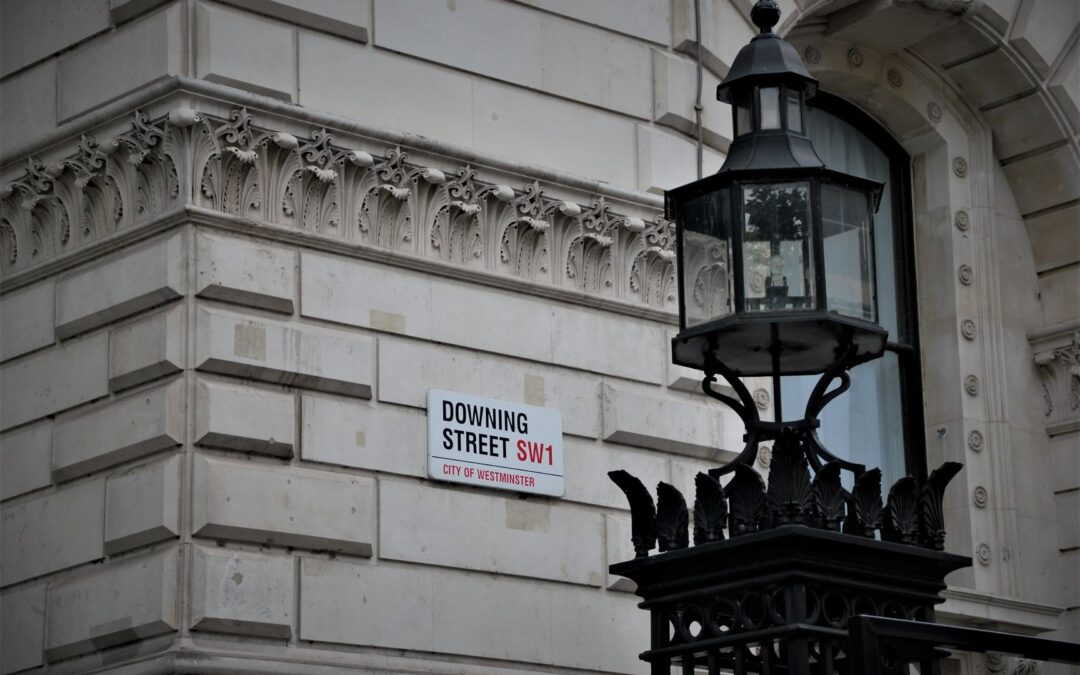In a crucial budget focused on supporting the economy through the pandemic, Chancellor Rishi Sunak unveiled a raft of measures to support businesses and jobs through the next year. Some of the key measures included:-
- The furlough scheme is to be extended until the end of September.
- A fourth self-employment grant will be available to those whose business has been affected by the pandemic.
- A further raft of grants available to support non-essential retail and the hospitality industry was announced.
- The business rates holiday was extended until the end of June and discounted for the remaining nine months until 31 March 2022.
- 5% VAT rate for hospitality is to be extended until September, with a reduced rate of 12.5% applying until April 2022.
- The stamp duty cut which was due to end in March has been extended until the end of June.
- Businesses with losses will also be able to carry them back for three years, providing significant cash flow benefit.
- A new “super-deduction” policy will allow companies investing in qualifying plant and machinery to benefit from a 130% first year capital allowance.
However, this was not just a budget about grants and short-term tax reliefs as in order to fund these measures, a wealth of longer-term freezes were announced.
These included the freezing of the personal income tax allowance, higher rate income tax threshold, capital gains tax allowances, Inheritance tax threshold and lifetime pension allowances all being frozen from 2022 until 2026. From April 2023, the main rate of corporation tax will also increase from 19% to 25% on profits of more than £250,000. For smaller companies with profits of less than £50,000, the rate will remain at 19%.
Leanne Hickman
Director

